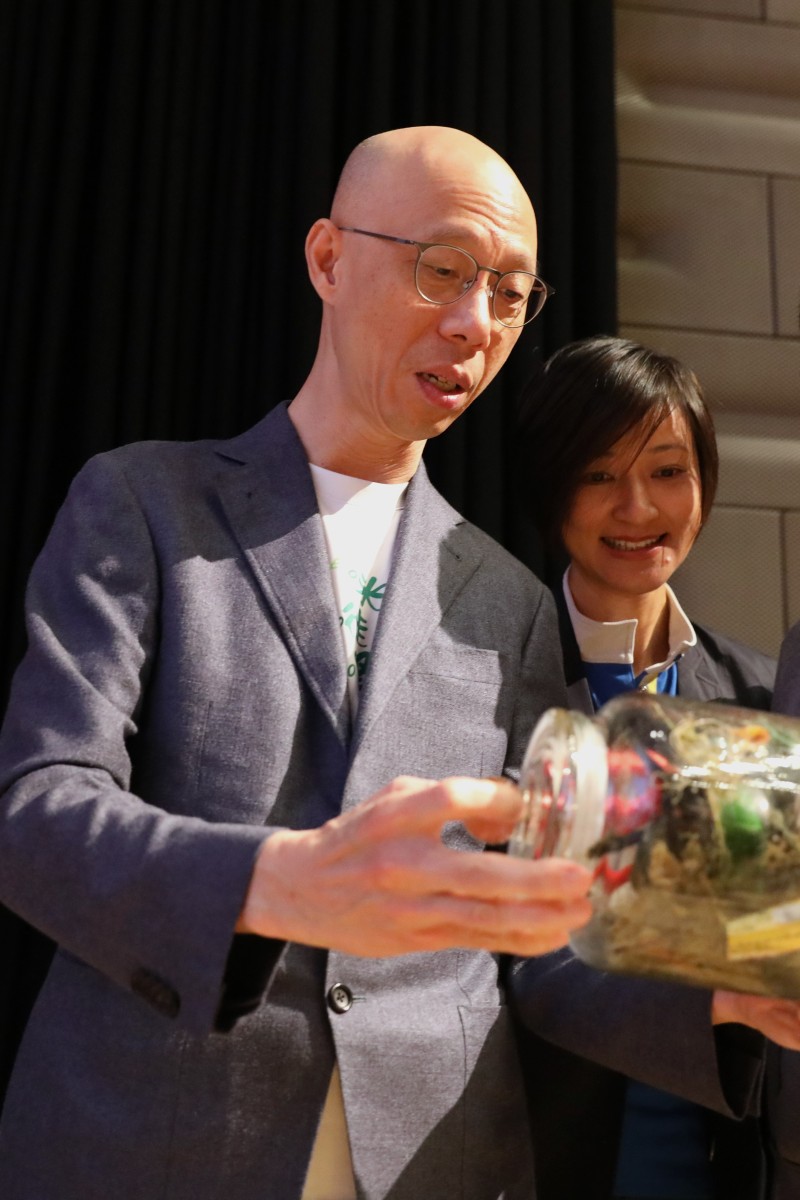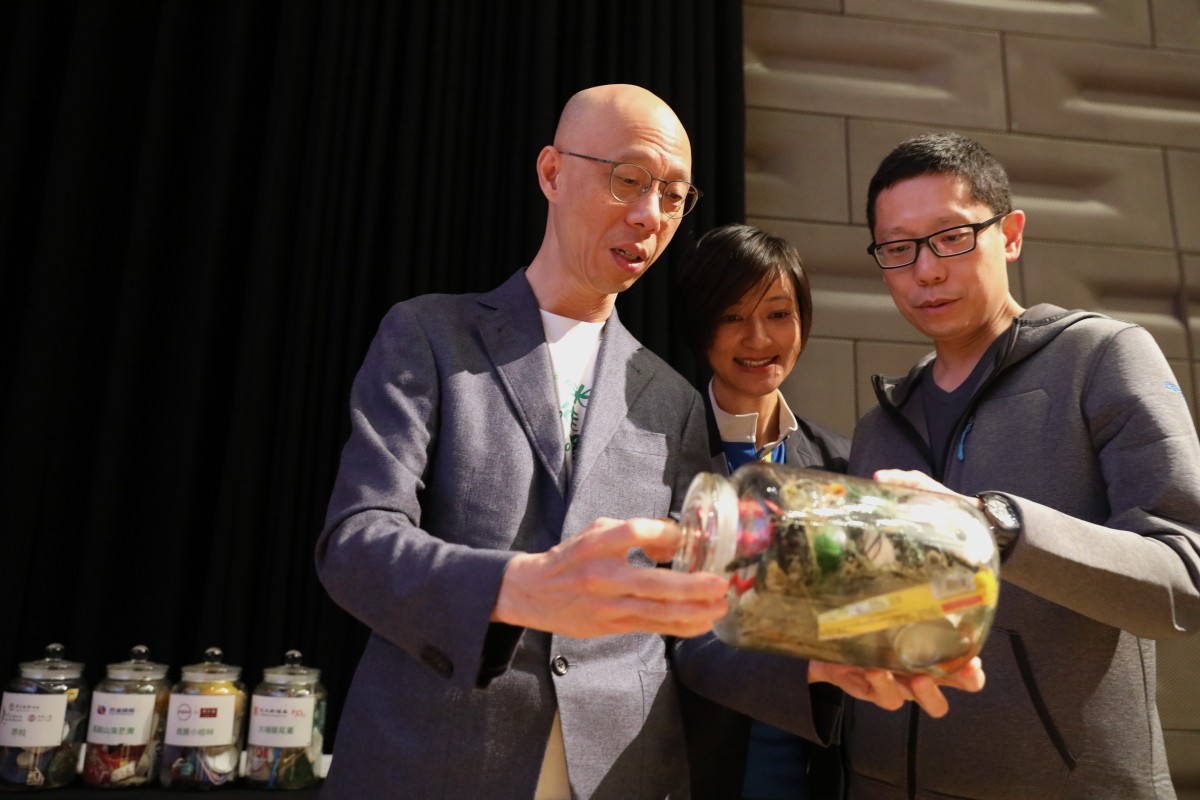
HK government's response to #ClimateStrike not good enough, School Students for Climate Action stress need for 'greater urgency'
Students who took part in school climate strike are unhappy with government inaction
 Students were unimpressed by Wong Kam-sing’s response.
Students were unimpressed by Wong Kam-sing’s response. The Hong Kong government has responded to the class boycott organised by School Students for Climate Action on March 15, which attracted nearly 1,000 protesters.
In a letter addressed to the students, the Secretary for the Environment, Wong Kam-sing, provided details of what the Hong Kong government is doing to address the problem of climate change, and their plans for the future.
“We established in 2016 a high-level Steering Committee on Climate Change chaired by the Chief Secretary for Administration to steer and coordinate the climate actions of various bureaus and departments,” the letter said.
It also states that the Hong Kong Climate Action Plan 2030+, released in 2017, has a target of reducing Hong Kong’s carbon intensity by 65-70 per cent between 2005 and 2030, equivalent to an absolute reduction of 26-36 per cent. Per capita emissions will be reduced from 5.7 tonnes in 2016 to 3.3-3.8 tonnes by 2030.
Hi Everyone, Just an update on what we had received via email from the Hong Kong environmental bureau, sharing what they are doing to address the issues of climate change.
由 School Strike Hong Kong for Climate Action 發佈於 2019年4月23日星期二
However, Zara Campion, one of the three organisers of the Hong Kong strike, says the government’s response isn’t good enough.
“My impression is that they haven’t really heard our demands,” says the 18-year-old student.
“They have said that they are doing enough to limit the increase in the global average temperature to below two degrees [Celsius], but our reason to strike was that the government is not doing enough; and not fast enough.
“Our ideas will only potentially be taken into account for the period beyond 2030, which is too late, as we need to act now.”
In a letter handed over to the government on the day of the strike, the students urged officials to “act with greater urgency”. They called on the government to consider three main requests. First, to select youth representatives for the Steering Committee on Climate Change. Second, to increase Hong Kong’s reliance on renewable energy to more than 3-4 per cent by 2030. And third, to create a department within the Environment Bureau where a group of people are explicitly tasked with overseeing climate action.
Haruka Cheung, a 17-year-old who is on the planning committee for the next student climate strike, thinks the letter is dismissive and passive. “None of our concerns are productively being addressed,” she says.
